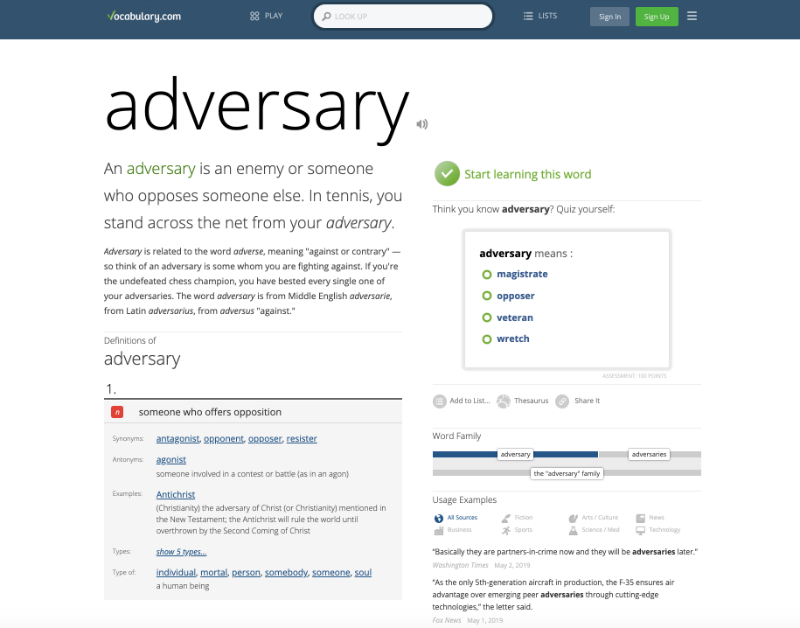How to improve your written English: practical tips and useful tools
- Transfer

In the modern world, a significant part of interactions between people takes place on the Internet, and very often in writing. So raising the level of written English is an important task in practical training. I found some good material with a selection of useful tips and tools on this topic and adapted it a bit.
The most important thing: you need to constantly practice
It’s not about following the rule of 10 thousand hours - everyone knows that in itself it does not work. But you need to understand a simple idea - it’s hard to write for those who do not exercise. For example, why does it seem to us that a couple of centuries ago, people knew the written language many times better than our contemporaries? In fact, on average they did not stand out, but many wrote constantly - for example, kept diaries.
It is clear that today it is quite difficult to find time to write detailed texts in daily mode, but it is important to develop the habit of writing at least a little regularly. For example, to set yourself the task of writing three sentences in English every day. It can be a post on the social network or a thoughtful comment on the website of the news publication, it does not matter. The main thing is regularity.
Practice will help to cope with the so-called fear of a clean slate, when a person cannot take the first step and even begin to write. The more you write, the easier it will be to do it in the right situation, and the better you will learn to express your thoughts.
No need to be shy to use the dictionary
First, sometimes finding the right word is difficult in principle. Secondly, you can simply forget the correct meaning of a word or confuse it with another - in English there are problems due to the large number of homophones (words that sound very similar but have completely different meanings).
If the sentence includes words that should not be there, it does not look very good. Readers may either not understand the text at all, or think that the author is not very versed in the topic. To avoid such problems and speed up learning, it’s worth using not standard dictionaries such as Google Translate, but more intelligent tools. For example, the Vocabulary.com service not only shows the meaning of words, but helps to expand the vocabulary.

Explanations at Vocabulary.com
Here you can see not only all the possible meanings, but also the main one will be explained in simple language, as if you are at school and talking with the teacher. Also, the user is provided with examples of the use of the word, also on the same page you can take a test to know the aspects of its application - all this in a complex allows you to quickly remember problem words.
Do not forget about the structure
There are a number of life hacks to increase the overall level of "readability" of the text. One of the most useful is to structure it at the paragraph level by analogy with whole texts. Here's how it works:
- Try to start paragraphs with a headline sentence . It contains the main idea of the whole paragraph. You immediately tell the reader what this part of the text will be about, which allows you to grab his attention. A person does not have to scroll through the text to understand the main idea only in the middle of the paragraph.
- Then the main part should go . After you have announced what you will write about, you need to give more information, expand the topic, for example, by including relevant links.
- Conclude the thought with a separate sentence . A thought should have not only a beginning, but also an end. Until you have completed one idea, you cannot move on to another - it will confuse readers. Highlight the completion of thought with a separate sentence.
It sounds easy, but in practice, isolating an idea from each paragraph and even stretching it for two or three is not so simple. As a result, you will understand that a significant part of the text can not be written at all, because it does not express any thoughts. Thanks to the practice of this method, you can learn to write meaningful texts.
Double-check everything
Another major step in creating good texts and in learning a language is to independently search for errors. You can optimize and speed up this process using specialized tools. One of them is the Textly.AI service . The system looks for typos, grammar errors, punctuation, gives tips for improving the writing style.
It works like this: the user either goes to the site and copies / pastes the text for verification into a special editor, or installs an extension for the browser. In the second case, the tool will check the texts on the fly right on the site where they are written.

Thus, it is possible to quickly “drive away” the text and radically reduce the number of errors in it. If the system constantly indicates to you the same error, you are more likely to remember it and will not repeat it in the future.
Find yourself an editor
If you learn the language, then some automated assistants can not do. You need a person, a native speaker, who will read what you wrote and make recommendations. Such a corrector will be able to evaluate, among other things, the recommendations issued by automated tools, as well as say, “do they say that” at all. There are several options for solving the problem of finding such a person:
- Fluent.express is a useful service for ordering proofreading. Text is viewed very quickly, there is a limited free version. Of the minuses - you can not discuss edits in real time.
- Upwork - yes, you can simply hire a freelancer-editor yourself, who will constantly work with you and discuss your texts. It’s a very effective way, because checking a small text with a real linguist-native speaker of the desired English dialect (UK / US, etc.) can cost only a couple of dollars, and each recommendation can be discussed in the chat.
- Lingbe - in general, this service focuses on the development of speaking skills, but you can use it to improve writing skills. On this platform, users call each other and practice the language - no one bothers you to discuss, for example, a blog post you wrote.

Conclusion: do not try to save time
Writing good text takes time. If you hurry, then nothing good will come of it: typos, mistakes, incomprehensible phrases, that’s what will be in your sentences. Writing one literate email can take a couple of hours, it’s worth recognizing this.
To get a good result, you cannot skip steps to improve the text - from running it through a grammar analysis system, checking obscure words with a dictionary, to proofreading by a person. Over time, each of these steps will reveal fewer errors. It only works that way.
